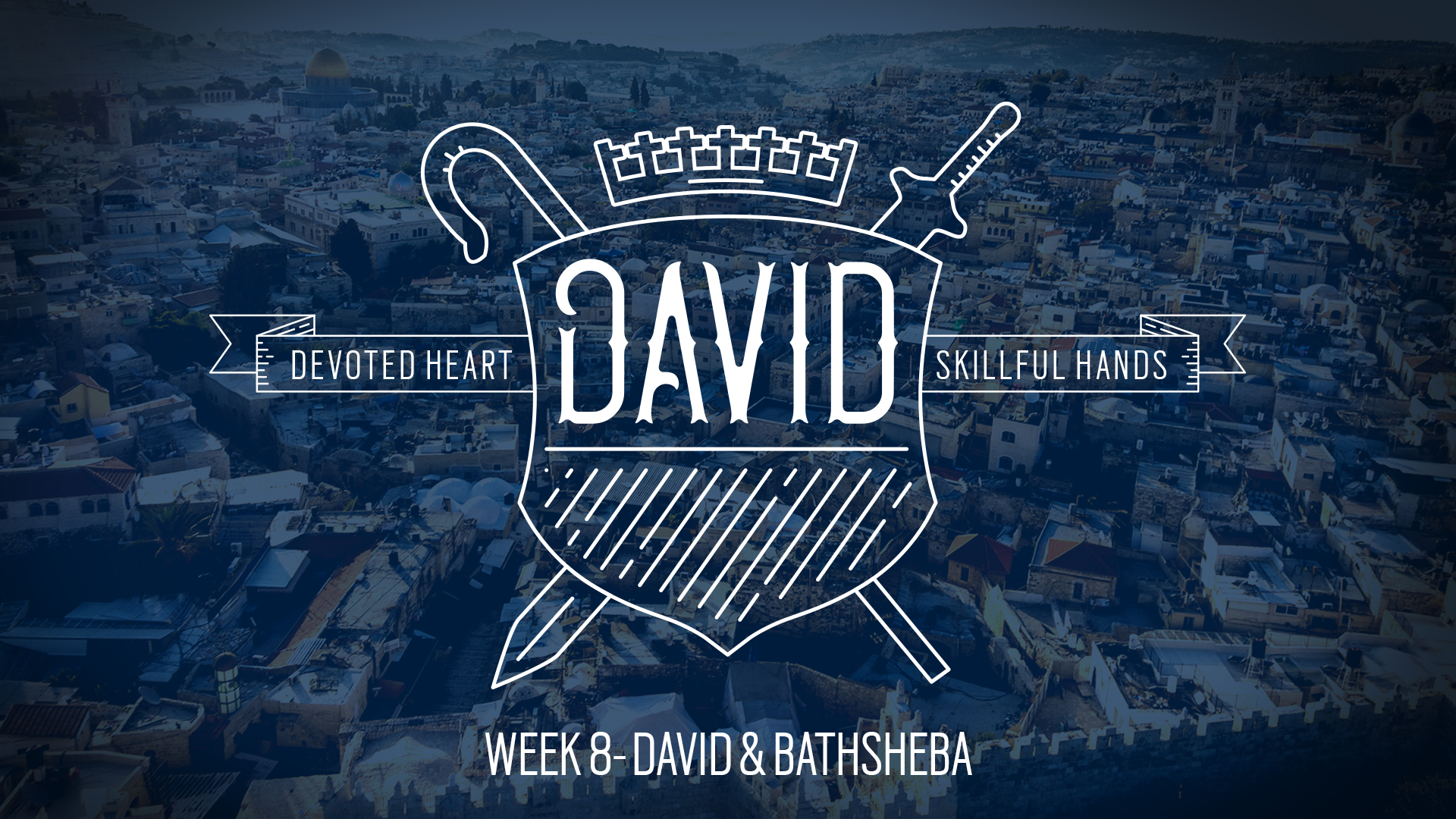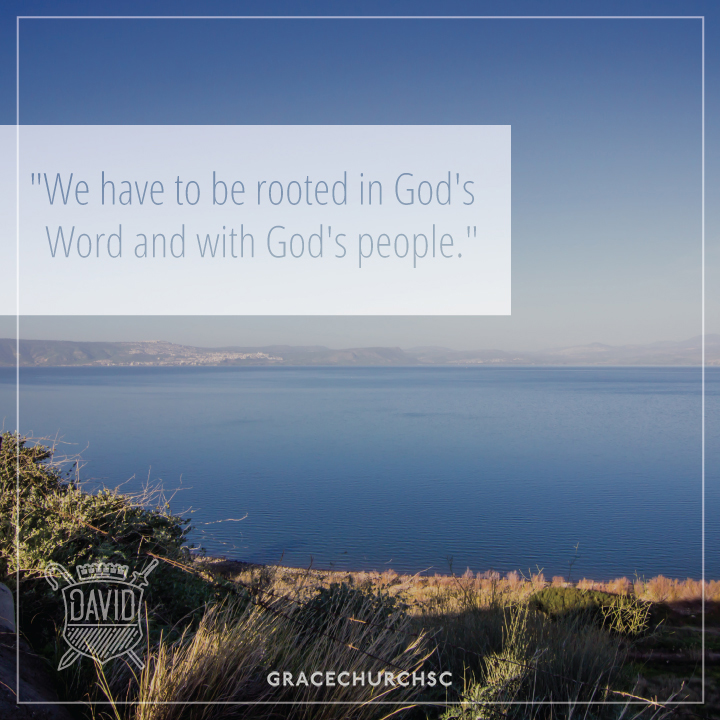
22 Nov Sermon Recap | The Life of David | David & Bathsheba
In 2 Samuel 11, we find David at the peak of his power. His army is going to battle, and instead of engaging in work and going with them, he stays behind in idleness. This decision, and the choices that follow, create space and vulnerability for David to engage in a sinful pattern of behavior. Because of our sin nature and the corrupt world in which we live, we have to allow community to be involved in our decision-making. Through this narrative, we are able to see the importance of biblical community and how our sinful decisions can lead us to a calloused heart.
Scripture References
1. David had choices. He had several opportunities to turn and repent but instead continued the path of sin, rebellion, and covering up. What were the steps in David’s decisions to sin and the subsequent cover-up? How have you seen your life align with the root of these decisions? Have you seen the same pattern? Why did you attempt to cover up your behavior?
2. In the beginning stages of a pattern of sin we are the most objective in decision making, free from the entanglement of emotions, circumstances, and consequences. Are you aware of those moments in your life? Or are you there now? What’s the next practical step you can take to expose your sin?
3. We drift easily and create space for ourselves to fulfill our own desires. To make healthy decisions, we have to be careful, slow-moving, and reflective. How careful and reflective are you? What safeguards and protective measures have you set up in your life to keep you from drifting? Do you have people in your life close enough to see the drift in your heart and speak truth to you?
4. We can become calloused to sin, and we can rationalize anything into something “normal.” Has your heart become calloused? Are you entertaining thoughts or actions that wouldn’t have even been in the equation five years ago? Has this happened to you in the past?
Thoughts to Consider
– David’s path to destruction started with making small, willful decisions based on sinful thoughts and desires. He was in control of the decisions he made, but not the consequences.
– Repentance doesn’t only take the form of prayer. God doesn’t take away the desire for sin or the consequences of sin through prayer alone — He uses the redemptive process of exposing ourselves to community in order for the healing process begin.
– Uriah the Hittite, the outsider, owns the faith he has been brought into in a way David, the ultimate Jew, does not. He exhibits restraint toward his wife, to whom he has rightful access, and David shows no restraint toward her with whom he should have no access. David reveals weakness — showing his supreme commitment to sin and himself in that moment.
– In the pattern of sin, each sinful action moves us into a darker reality that pushes us towards decisions we never thought we would make.
– We cannot trust reason and emotion — on our own, we can normalize anything. We must be on guard and stay rooted in God’s Word and in biblical community.
– Satan sells the idea that our sin is manageable and able to be contained—that our reputation is more important than the scandalous act of the cross. If you think you have to hide and protect your reputation, then you’re missing the good news of the gospel. The Good News overcomes the bad news about you — you have no reputation to protect.

“When we are deeply embedded in sin, people and God become irrelevant.“
“Sin is supreme allegiance to yourself. “
“You have to be rooted in God’s Word and with God’s people. ”
“You can control the decisions you make, but you cannot control the consequences.“
“The Good News overcomes the bad news about you.“



